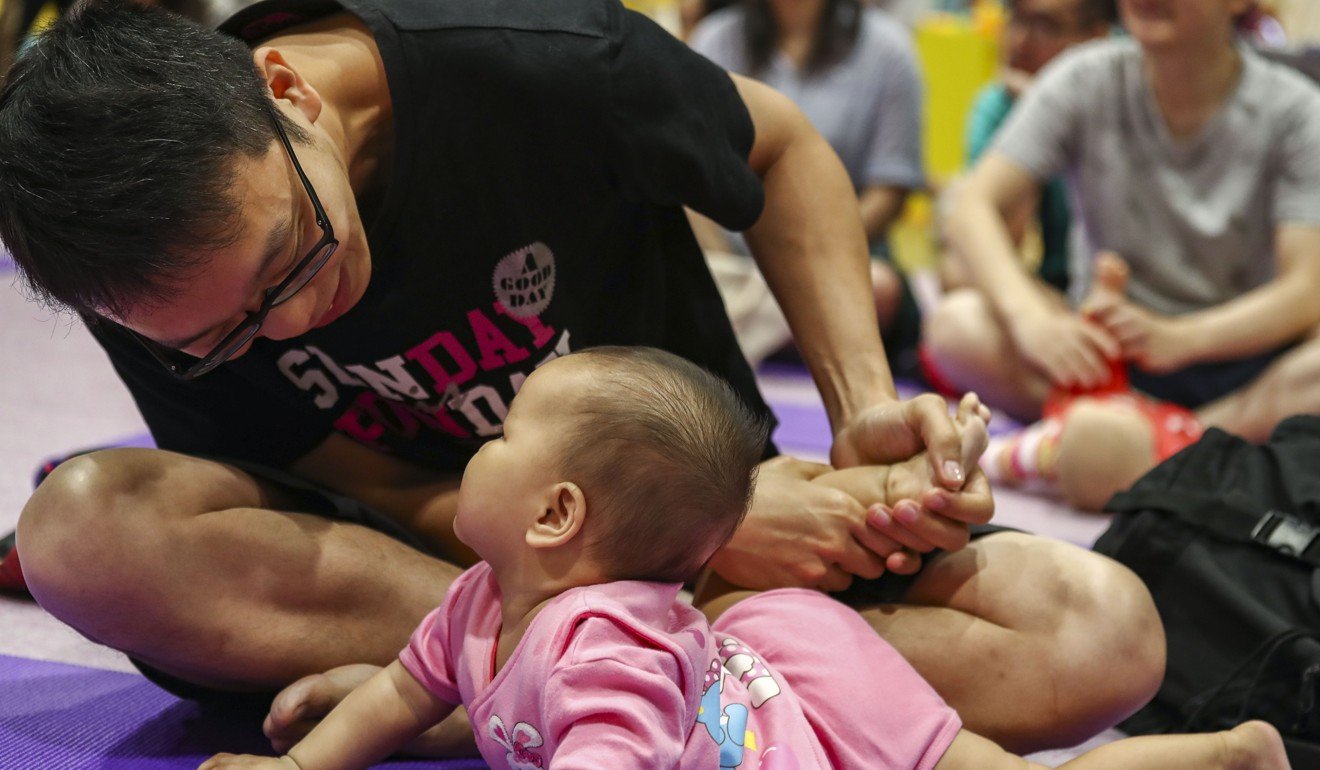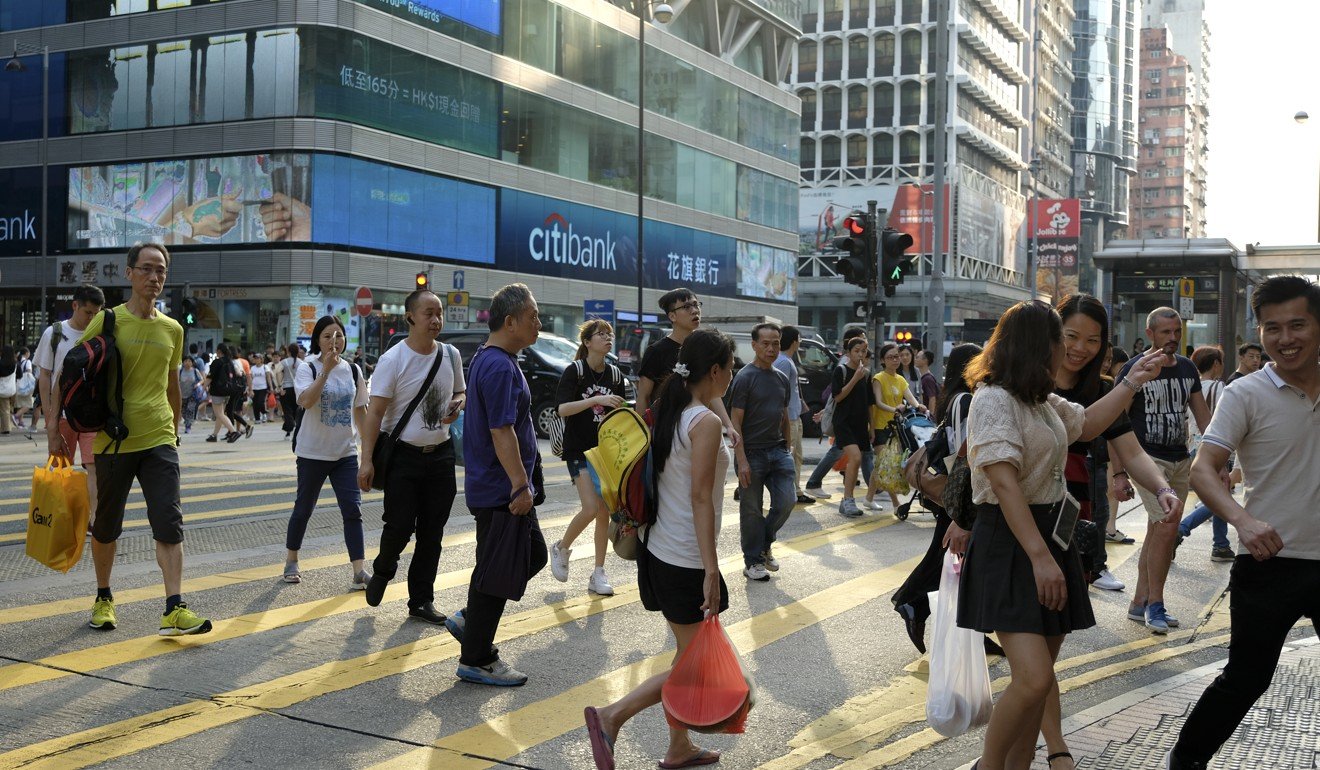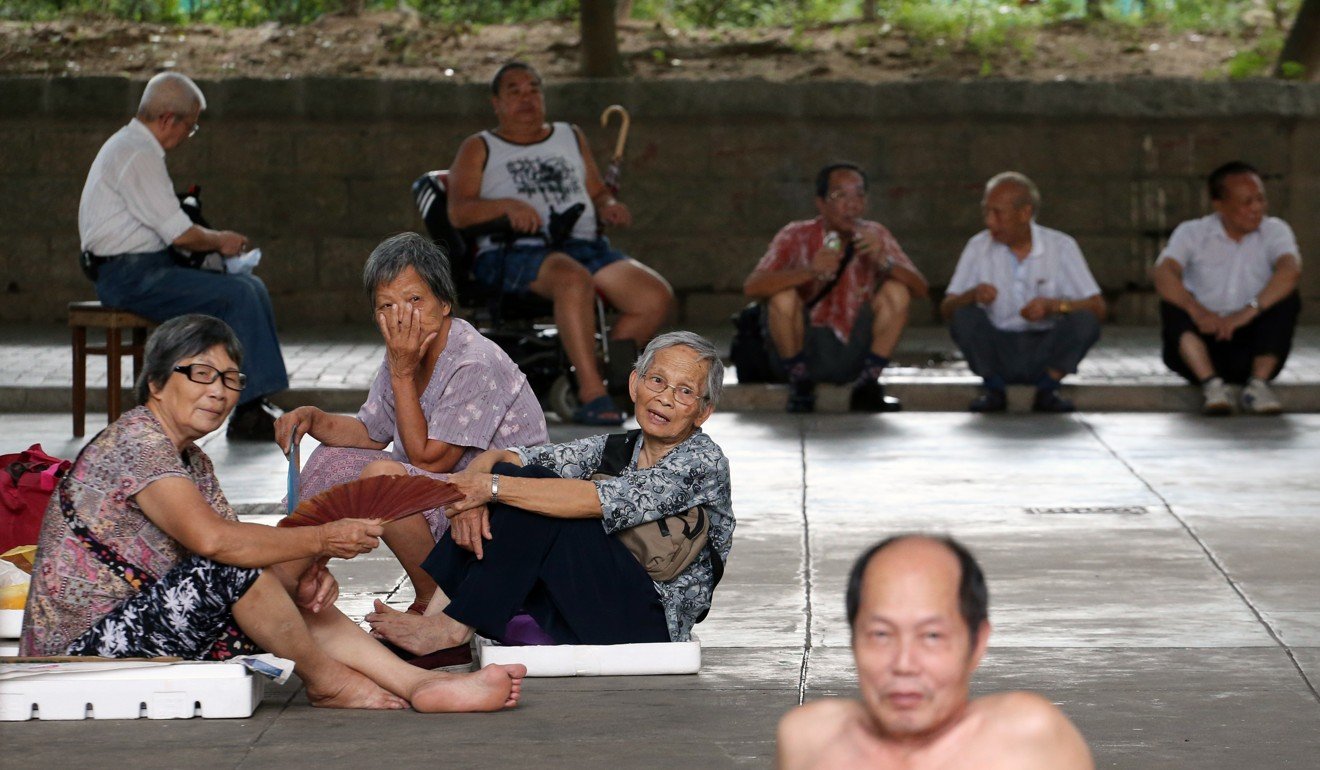
Here’s why Hong Kong’s low fertility rate poses a threat to its very future
Reproduction levels are below the level at which a population can replace itself, while fewer young people will eventually hurt city’s economic development
Data released by the Central Intelligence Agency lists Hong Kong as having one of the lowest fertility rates in the world. But why is that a bad thing, and what can be done to arrest a decline that has been happening for decades?
Increased paternity leave, family-friendly working conditions, and childcare subsidies are some of the solutions that have been suggested to help tackle the problem. Here’s what you need to know about why Hongkongers are reluctant to have children and the long-term socio-economic impact not doing so could have on the city.

What is the fertility situation in Hong Kong?
The fertility rate in Hong Kong is one of the lowest in the world. The Central Intelligence Agency’s World Factbook ranked the city’s total fertility rate at just 1.19, the fourth lowest in the world based on last year’s data. The figure refers to the average number of children that would be born per woman during her lifetime.
Hong Kong’s Census and Statistics Department put the figure at about 1.13.
From 2013 to last year, the number of births in Hong Kong per year ranged from 56,500 to 62,300, including about 3,800 to 5,200 babies born to mainland Chinese women whose spouses are city residents. The department did not keep data on the number of children born to domestic helpers.
Why Hong Kong’s birth rate is falling, and how sub-fertile couples can conceive
What problems could be caused by having a low fertility rate?
The city’s fertility rate has been consistently below 2.1 – the level at which a population can replace itself from one generation to the next – for more than three decades. Paul Yip Siu-fai, chair professor of population health at the University of Hong Kong, said a lower fertility rate could lead to wider social and economic problems.
“If there are fewer younger people, naturally the proportion of aged groups would be higher,” Yip said. “It also means that there would be fewer people working.”
He said a shrinking workforce could mean fewer taxpayers and less support for public finances. But he added that an excessively high fertility rate, which is a problem in some developing countries, would lead to other issues, such as a heavy burden being placed on the education system.
The Labour and Welfare Bureau said it was aware that a population structure of more elderly people and declining younger people “may impact on Hong Kong’s socio-economic development”. The local fertility trend was one of the issues examined in a 2015 government report into the city’s population policy.

Why are people not willing to have children?
Past studies have shown that the costs associated with housing, and raising children, are some of the major factors deterring people from reproducing. A survey released in June by the Hong Kong Women Development Association found only 47 per cent of the 813 Hongkongers it interviewed were willing to have children. Respondents said housing was the top factor affecting their childbearing decision, while the heavy financial burden that came with raising a child also played a part.
Hong Kong population growth hits nine-year low as more people leave city
What measures related to childbearing and family planning does Hong Kong have now?
Under the city’s labour legislation, a female employee is entitled to a continuous period of 10 weeks of maternity leave. She could also receive four-fifths of her salary during the leave, if she has been employed for not less than 40 weeks under the same employer before the start of her leave.
New fathers are entitled to three days of paternity leave, which the government has been proposing to increase to five days.
But the length of the city’s statutory maternity leave was still below the period of 14 weeks as suggested by the International Labour Organisation.

What fertility measures in place elsewhere has it been suggested Hong Kong could follow?
Youth Ideas, a think tank under the Hong Kong Federation of Youth Groups, suggested the city could follow in the footsteps of Singapore by introducing subsidies for families with newborn children, similar to the Baby Bonus Scheme in Singapore. The think tank believed such measures could help relieve the financial burden of raising children.
They also suggested Hong Kong could follow Singapore or Taiwan in introducing childcare leave. In Singapore, each parent gets six days of paid childcare leave annually until their children reach seven years old.
Professor Yip said the city in general needed to introduce a family-friendly working environment, such as a flexible working schedule, and a mindset of gender equality. In doing so, women, who in general are more likely to adjust their work for family, could make their choices without compromising their careers.
The explosive impact of falling birth rates
The bureau said the government did not intend to interfere with the childbearing decision of individual families, but it believed measures such as family-friendly working conditions to support forming and raising families would better serve Hong Kong’s overall interest.
While the government is reviewing the policy on statutory maternity leave, a study looking into the long-term development of the city’s childcare services is expected to be ready soon.

